The thing I don't understand about a DAO is whether control over traditional web2 services are loosely or strongly tied to the DAO governance proposals.
A DAO will tend to have (at least) two key assets, governed by traditional web2 services:
A github repo to store the latest approved version of the implementation of the protocol
A discord server to facilitate chat
On each of these services, there will be admins with special access to approve pull requests (github) or moderate chat (discord).
And then the DAO will also have a key governance process, governed by web3 smart contracts.
What I don't understand is this - how is it, that governance decisions, are enforced in traditional web2 services? Could the admin of the github repo, or the discord, 'go rogue' if they don't agree with a governance decision? Are there any automated smart-contract-powered ways to enforce governance decisions?
Thanks if you can help me understand this or reframe it in a more sensible way !

You can get bonuses upto $100 FREE BONUS when you:
💰 Install these recommended apps:
💲 SocialGood - 100% Crypto Back on Everyday Shopping
💲 xPortal - The DeFi For The Next Billion
💲 CryptoTab Browser - Lightweight, fast, and ready to mine!
💰 Register on these recommended exchanges:
🟡 Binance🟡 Bitfinex🟡 Bitmart🟡 Bittrex🟡 Bitget
🟡 CoinEx🟡 Crypto.com🟡 Gate.io🟡 Huobi🟡 Kucoin.
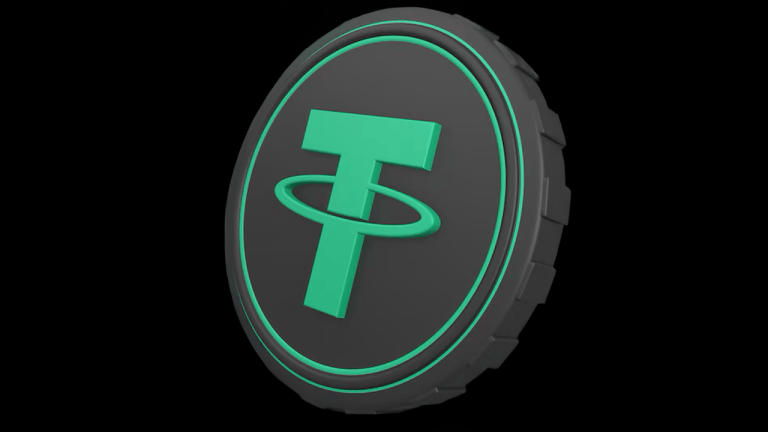
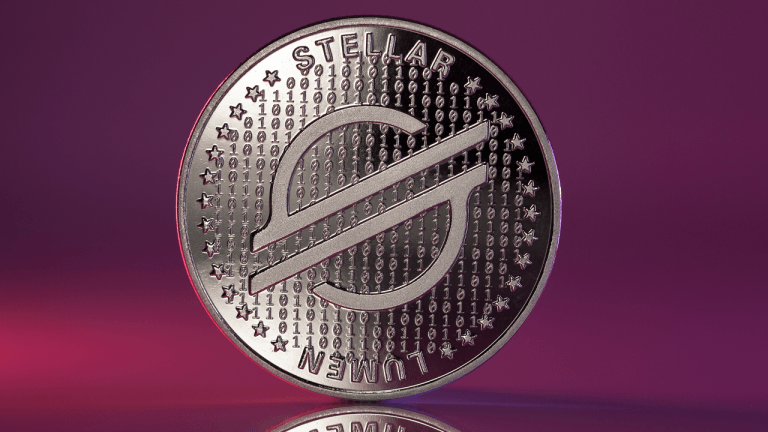

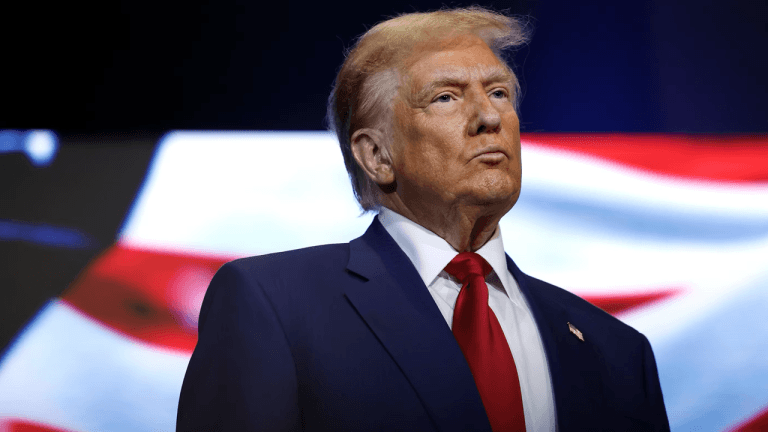
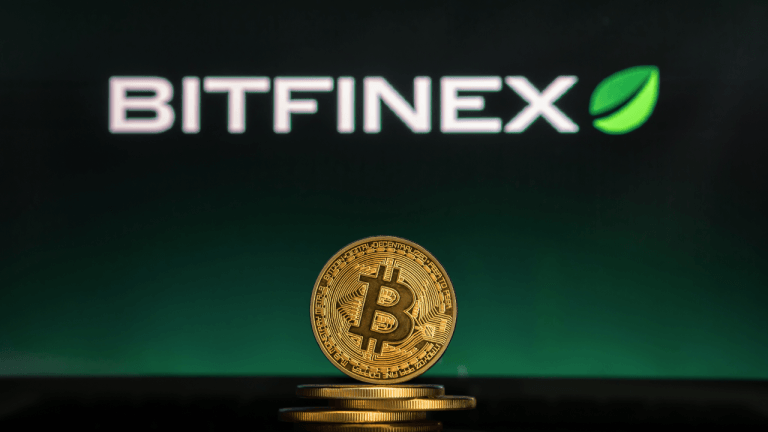


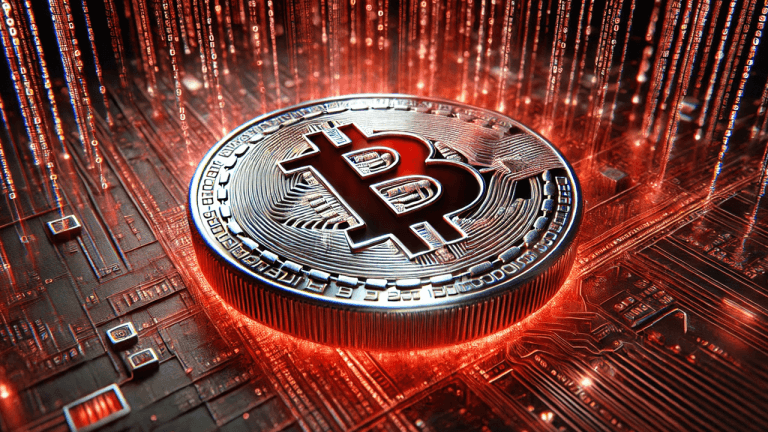
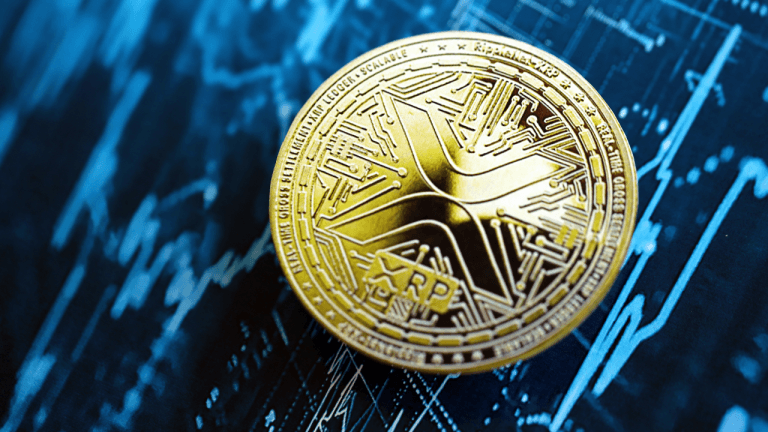



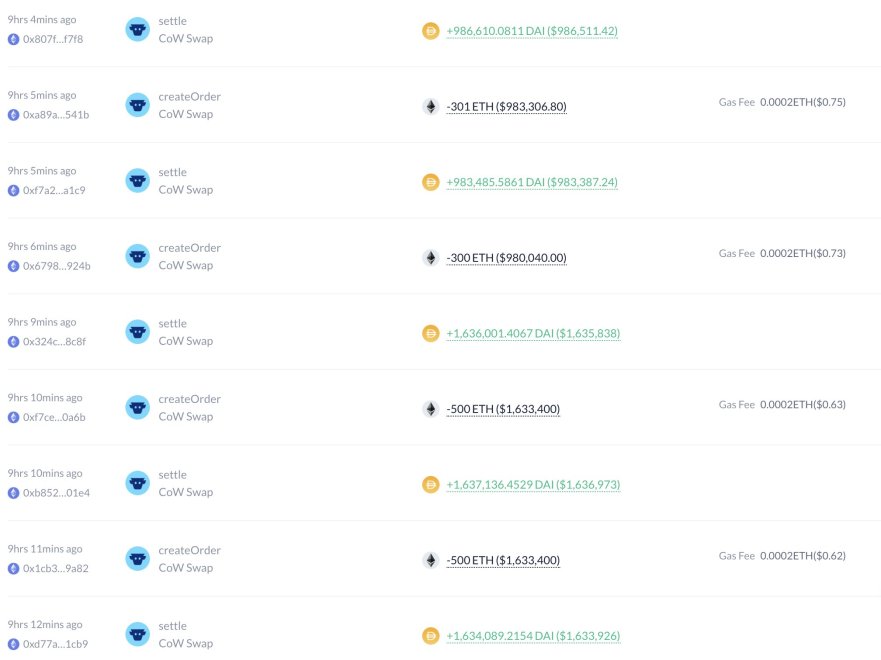

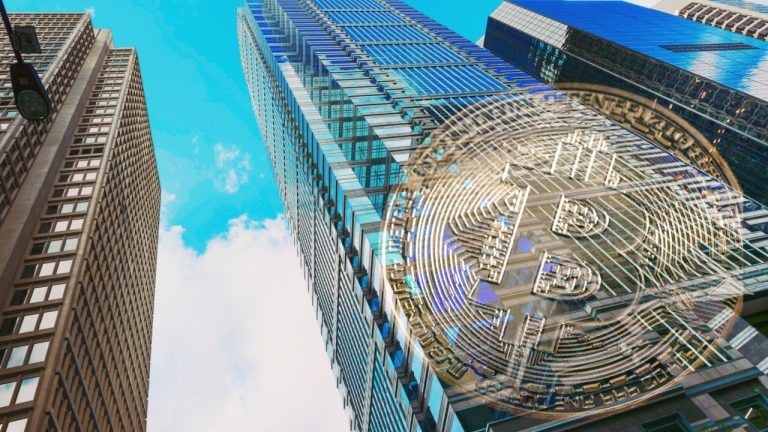

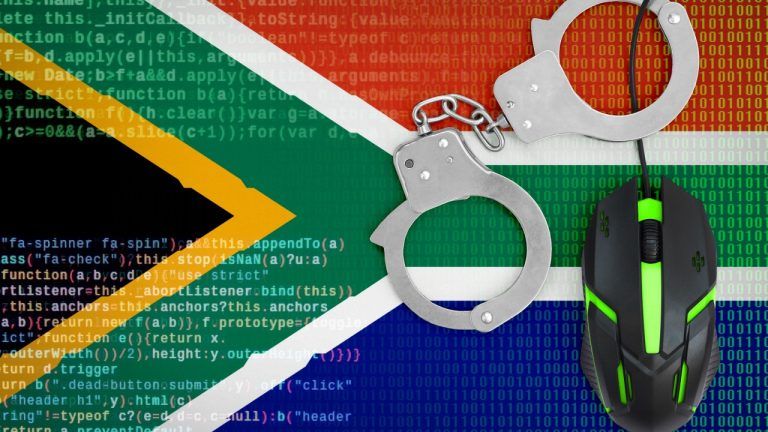


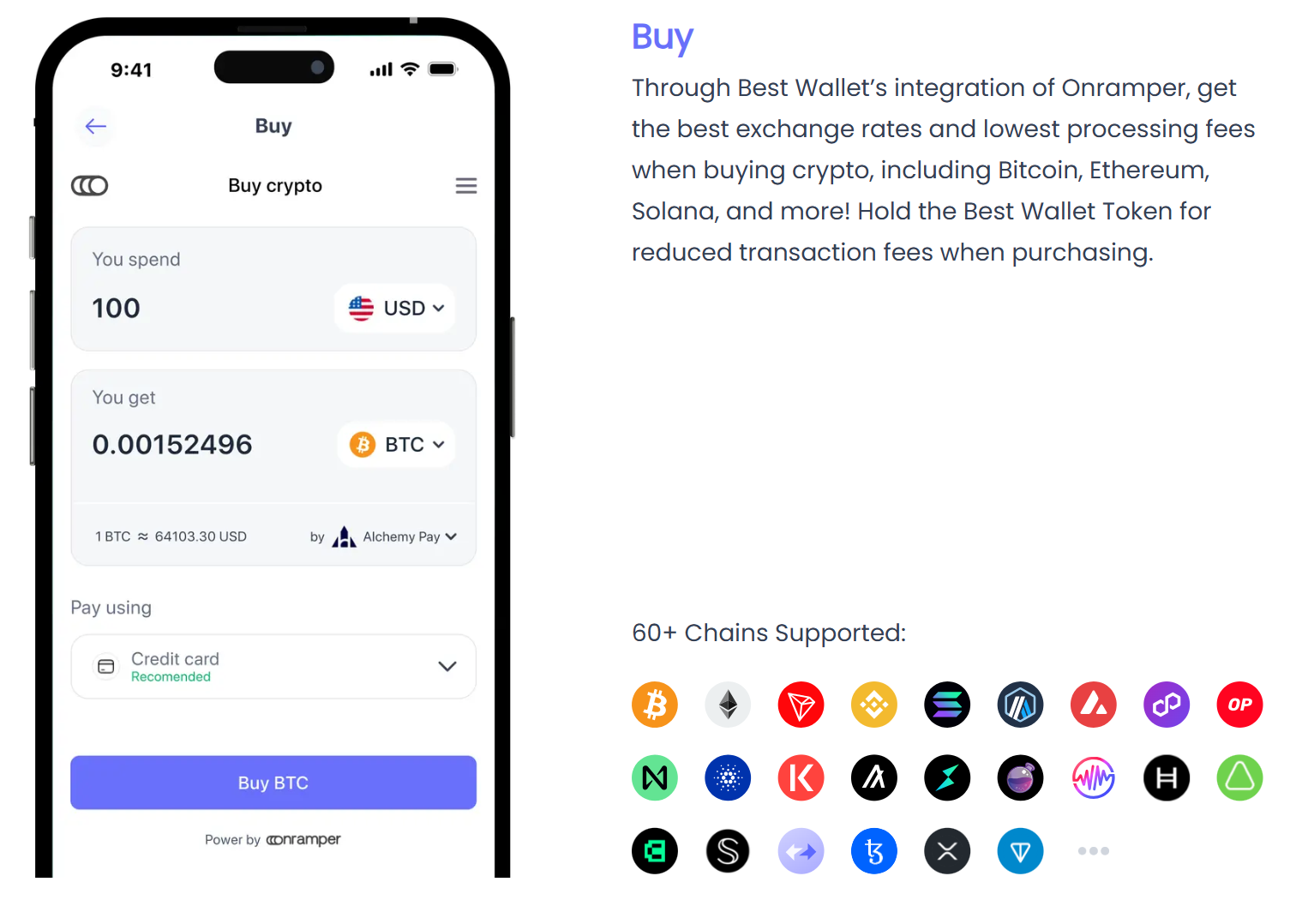
Comments